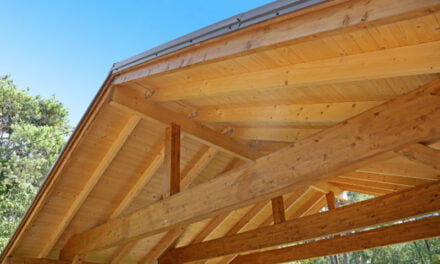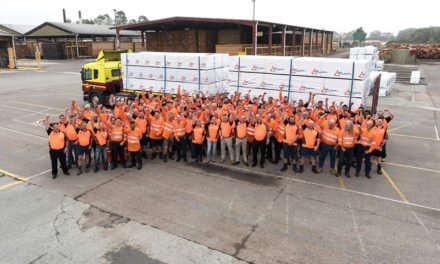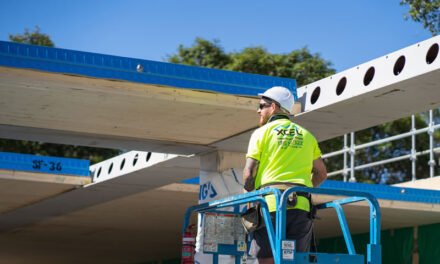A call for public comment is open on next year’s construction code update.
Stage two of public consultation for the 2022 National Construction Code (NCC) changes is open until 17 October, 2001. The code is updated every three years and stakeholders are encouraged to provide feedback on the Public Comment Draft at this link.
This stage focuses on proposed amendments to energy efficiency and condensation technical provisions. To quote the Australian Building Codes Board:
“Some of the more significant amendments proposed in this final stage of the PCD include:
- a stringency increase in the thermal performance of homes from the current level, equivalent to 6-stars NatHERS, to the equivalent of 7 stars
- introducing whole-of-home annual energy use requirements (noting differences between Class 1 and 2 buildings)
- a new set of Deemed-to-Satisfy elemental provisions for Class 2 buildings
- new provisions designed to allow easy retrofit of on-site renewables and electric vehicle charging equipment for Class 2 to 9 buildings, and
- enhanced condensation management provisions, including additional ventilation and wall vapour permeability requirements.”
Dr Trivess Moore, senior lecturer in the Sustainable Building Innovation Lab in the School or Property, Construction and Project Management at RMIT University, has spoken out on the proposed changes.
“The likely increase from 6 to 7 stars as a minimum performance requirement is a critical step on the path towards near zero carbon/energy housing,” Moore said.
“An increase from 6 to 7 stars would result in an average reduction in energy for heating and cooling of 24% across Australia. The performance of new Australian housing is at least 40% worse than many other developed countries in similar climate zones.”
He highlighted recent research undertaken at RMIT that found more than 80% of new housing in Australia is only built to the minimum 6 star standard, with less than 1.5% built to the optimal environmental and economic performance of 7.5 stars.
“Increasing the minimum star rating alone will not be enough,” said Moore. “There is an issue across the industry with performance not matching design outcomes. Any changes to minimum performance requirements must be accompanied by greater accountability in the building industry to deliver improved outcomes.”
Other important reforms include highly workable and desirable minimum accessibility requirements that will widen access for people with mobility disabilities and the elderly, as well as making life generally easier for families with prams, bicycles and scooters. Despite these representing a significant amenity over the life of the dwelling and a demonstrable saving for most homeowners (with retrofitting for accessibility as the occupants age or having to move to a more accessible home both costing much more), the NSW government has rejected this part of the code, citing cost concerns.
For more information and to provide your feedback, visit https://consultation.abcb.gov.au/engagement/ncc-2022-public-comment-draft-stage-2/











